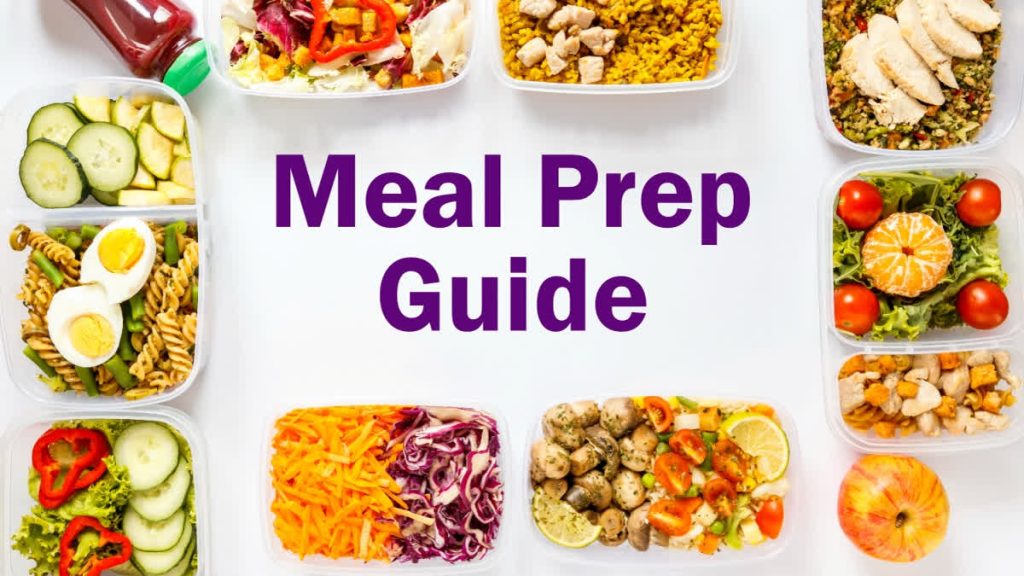
A 2023 study in the Journal of Social and Personal Relationships revealed that 61% of adults struggle to maintain friendships due to work, family obligations, and geographic moves. Yet research consistently shows that strong friendships increase lifespan by 22% and boost happiness more than a $100,000 salary increase. These practical strategies help sustain meaningful connections amid busy adult lives.
Rethinking Friendship Maintenance
Modern approaches that work:
- Quality over quantity: 3-5 close friendships provide maximum benefit
- Low-pressure check-ins: Brief texts or voice notes maintain connection
- Activity-based bonding: Combine socializing with exercise or errands
- Tiered expectations: Different friends for different needs
Scheduling for Success
Practical ways to prioritize friendships:
- Quarterly friend dates (mark in calendar like important appointments)
- Monthly group video calls for dispersed friends
- Walking meetings instead of coffee dates
- Combining social time with hobbies (book club, sports league)
Deepening Existing Friendships
Move beyond small talk:
- Share personal growth goals and check progress together
- Create shared experiences (travel, classes, volunteer work)
- Practice vulnerability by discussing real challenges
- Celebrate milestones and accomplishments
Making New Friends as an Adult
Research-backed methods:
- Attend the same event regularly (creates familiarity)
- Join interest-based communities (meetup.com, local clubs)
- Take classes to meet like-minded people
- Use friendship apps (Bumble BFF, Meetup)
A University of Oxford study found that adults who implemented these strategies reported 28% less loneliness and 35% higher life satisfaction after 6 months. Remember that adult friendships often look different than childhood bonds – shorter but more meaningful interactions can be equally valuable when consistent.



